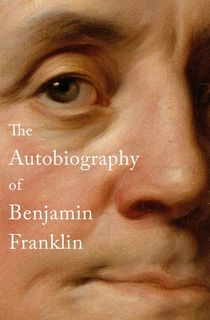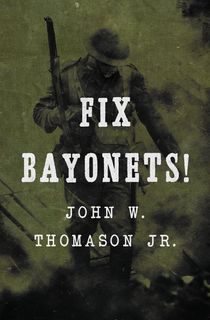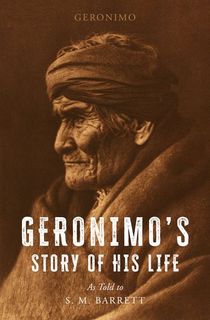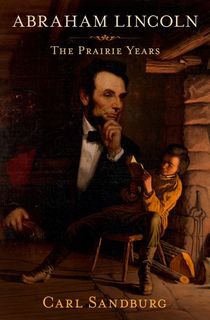What's better than diving into a new ebook? Knowing that you got it for free. Check out these fascinating history accounts that are free to download for the whole month.

The Autobiography of Benjamin Franklin
Printer, author, scientist, inventor, statesman, revolutionary—arguably no American life has been more remarkable than Benjamin Franklin’s.
Penned between 1771 and 1790 and published after his death, the unfinished Autobiography of Benjamin Franklin is one of the most acclaimed and widely read personal histories ever written. From his youth as a printer’s assistant working for his brother’s Boston newspaper through his own publishing, writing, and military careers, his scientific experiments and worldwide travels, his grand triumphs and heartbreaking tragedies, Franklin tells his story with aplomb, bringing to life the flesh-and-blood man behind the American icon.

Fix Bayonets!
This collection of WWI sketches of the Fifth Marine Regiment is “forthright, unsparing, deeply felt but unsentimental, and reads like a house afire” (The Wall Street Journal).
From a soldier who was there, here are first-hand accounts of combat and camaraderie during the Great War. In a series of stories and illustrations, Capt. John W. Thomason captures the bravery and gallantry of the leathernecks fighting the Germans in France—putting readers in the trenches, facing the staccato of rifle fire, feeling the pangs of starvation, and the demoralizing fatigue. This collection is a tribute to the men who lived and breathed the motto “Semper Fidelis”, or “Always Faithful”, those who made the ultimate sacrifice and those who made it out alive.
“Fix Bayonets! is in the company of Tolstoy and Crane and Bierce in the literature of war. Indeed, I should leave Crane out of it . . . The Red Badge of Courage cannot stand the fierce sun of Fix Bayonets!” —Laurence Stallings, American playwright and veteran

Geronimo's Story of His Life
A pivotal piece of nineteenth-century Native American history from a tireless warrior seeking justice for his people.
Storied leader of the Bedonkohe band of the Chiricahua Apache tribe, Geronimo led resistance against Mexican and American troops seeking to drive the Apache from their land during the 1850s through the 1880s. In 1886, he finally surrendered to the US Army and became a prisoner of war. Although he would never return to his homeland, Geronimo became an iconic figure in Native American society and even had the honor of riding with President Theodore Roosevelt in his 1905 inaugural parade. That same year, he agreed to share his story with Stephen M. Barrett, a superintendent of education from Lawton, Oklahoma.
In Geronimo’s own words, this is his fascinating life story. Beginning with an Apache creation myth, he discusses his youth and family, the bloody conflicts between Mexico and the United States, and his two decades of life as a prisoner. Revered by his people and feared by his enemies, Geronimo narrates his memoir with a compassionate and compelling voice that still resonates today.

Abraham Lincoln
This definitive, single-volume edition of the Pulitzer Prize–winning biography delivers “a Lincoln whom no other man . . . could have given us” (New York Herald Tribune Book Review).
Celebrated for his vivid depictions of the nineteenth-century American Midwest, Carl Sandburg brings unique insight to the life of Abraham Lincoln in this distinguished biography. He captures both the man who grew up on the Indiana prairie and the president who held the country together through the turbulence and tragedy of the Civil War.
Based on a lifetime of research, Sandburg’s biographywas originally published as a monumental, six-volume study. The author later distilled the work down to this single-volume edition that is considered by many to be his greatest work of nonfiction.
Featured image: Pedro Fleitas / Unsplash
